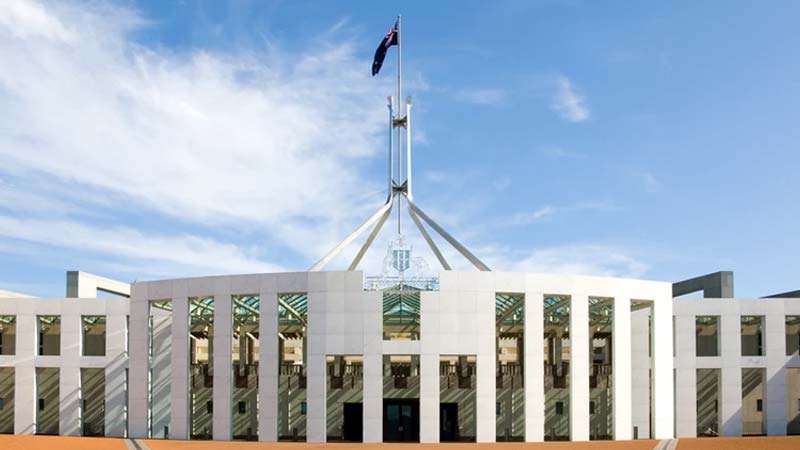If you are a business registered for GST in Australia, you will be very familiar with the often dreaded Business Activity Statement (BAS). Whether you see this as a headache or helpful to your business, it is a non-negotiable in terms of taxation compliance. To avoid being bossed around by your BAS and take full control requires one thing, planning.
For new business owners, the BAS is completed monthly, quarterly or annually for GST registered businesses. It is the way businesses represent their tax obligations to the ATO. These obligations include Goods & Services Tax (GST), Pay As You Go Withholding (PAYGW), Pay As You Go Instalments (PAYGI), Fringe Benefits Tax (FBT), Wine Equalisation Tax (WET) and Luxury Car Tax (LCT). What a mouthful!
Simplify your BAS approach
All these terms may seem overly complicated and lot of advice is dished out relating to BAS lodgement. The BAS process however simply boils down to being prepared and knowing your business. To assist navigating the BAS and also managing your business better, consider these three key guidelines:
1. Maintain Awesome Records
Record keeping is almost an essential business practice. Every sale, expense, wage or any transaction related to your business should be kept. These will all need to be accounted for come BAS time. Automating this record keeping will reduce time and also errors of manual record keeping. Accounting software, if setup correctly, can remove a lot of manual effort. Also, categorising your transactions in line with the BAS categories makes it easier to translate your books into your BAS.
2. Meet ATO Deadlines
Running a business is hectic. There are many demands on your time and meeting deadlines for customers, suppliers and debtors can be a juggling act. ATO deadlines are one area where you don’t want to drop the ball. It can be difficult to take your focus out of business operations so having systems in place so that BAS reporting is automated and, if any lodgement delays are expected, make sure these are communicated to the ATO properly, and in advance.
3. Budget for Tax Payments
After all is said and done, your BAS will determine how much tax your business will need to pay. With cash flow the lifeblood of any business, budgeting for your tax liability is important, especially if you are paying quarterly or yearly, you don’t want this to come as a surprise. Many businesses run a separate GST bank account to syphon off the estimated tax amount so it is sitting ready to be drawn upon at the right time, and importantly, can’t be accessed for any other so-called emergencies.
Being the boss of your BAS ultimately comes down to prior planning. By planning to keep awesome records, meet ATO deadlines and to keep tax funds isolated you will be well on the way to sailing through BAS time easily. That’s not to say you might not need a hand setting everything up to begin with.
Saige Accountants are experts at BAS planning. We can help setup your accounting software to keep meticulous and automated record keeping. As Registered Tax Agents, we can ensure the BAS is completed correctly and on time to avoid penalties. Talk to us for advice so you become the boss of your BAS.




